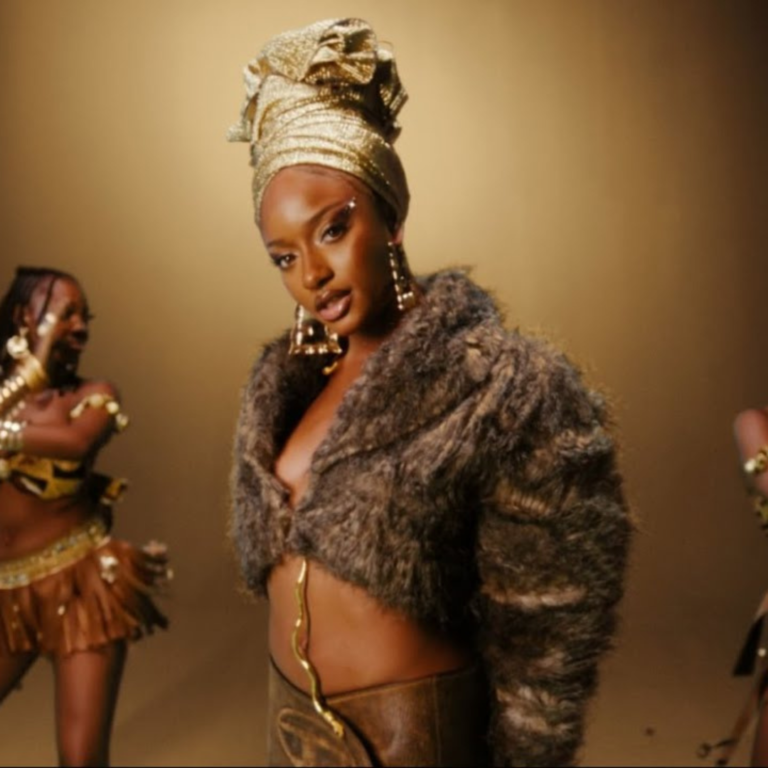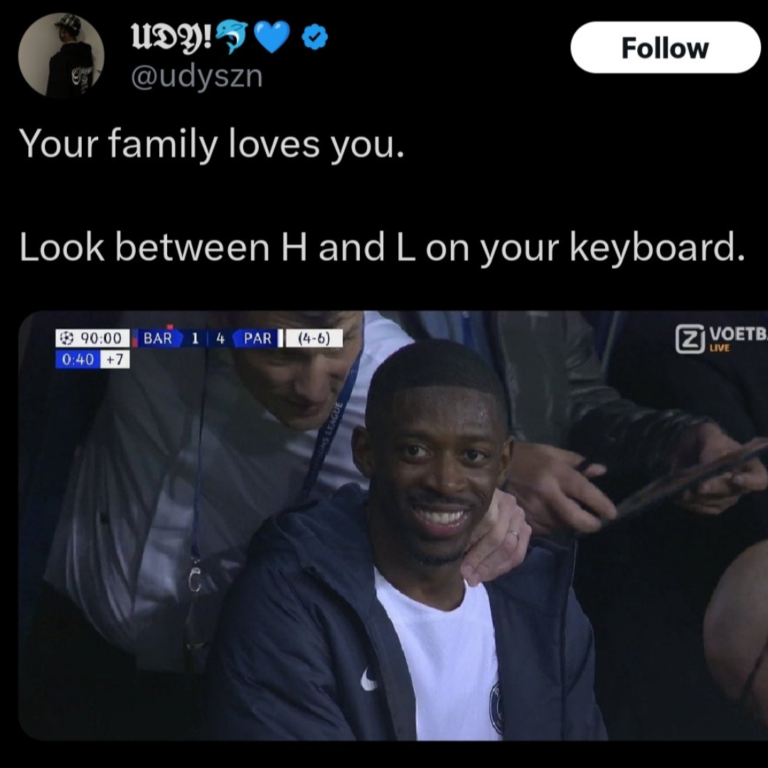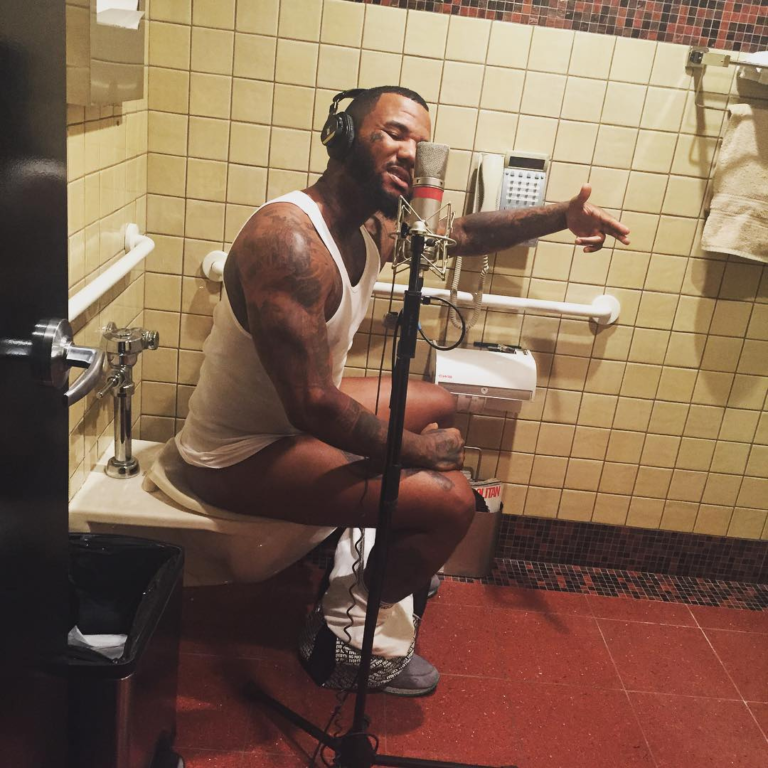Let’s throwback to some of the songs Gen Xers loved and grooved to the most in their heydays.
Sorry Sorry — Femi Kuti
You’re still likely to hear this record in a Nigerian nightclub today, 25 years after Femi Kuti released it. Often revered as the most powerful song on Femi’s sophomore album, Shoki Shoki, Sorry Sorry maintains relevance in addressing African leaders and their corruption. But beyond that, music doesn’t get more spiritual than this, with its heavy percussion, baseline and arrangement.
Rhumba Stylée — Ras Kimono
Reggae was a big rave back in the 1980s and 90s. The late Nigerian reggae musician, Ras Kimono, (AKA The Dub Master) had the streets, airwaves and clubs in a chokehold with his big hit and lead single, Rhumba Stylée. Although he was talking about Nigeria’s problems, people still jammed to it on their birthdays. Decades later, the pressure keeps getting wesser, and we’re still asking, “Whattagwan inna dis ah countri?” An undeniable classic.
Happy Birthday — Evi Edna Ogholi
Is a birthday celebration complete if Nigerian parents don’t sing this song or play it out loud while they lip-sync it? Happy Birthday is one of Nigerian reggae musician Evi Edna Ogholi’s hits. She released it in 1988, and it’s since become a cultural touchstone.
Afro Juju — Sir Shina Peters
Sir Shina Peters (SSP) was THAT guy. SSP and his International Stars blew Nigerians away with their electrifying first album, Afro Juju Series 1, in 1989. The album-title track, Afro Juju, fuses juju, afrobeat and some elements of fuji music — a sound that’s gone on to become a genre of its own.
Send Down the Rain — Majek Fashek
Majek Fashek’s 1988 evergreen single, Send Down the Rain, is popular with many Nigerians across generations. He was only 25 years old when he sang the song, a prayer request for ease from the hardship in Nigeria. The song became hugely successful, solidifying Fashek’s presence in the music scene and earning him the nickname, “Rainmaker”. Also, Send Down the Rain is the number one Nigerian song with the most controversial myth around it.
Time Na Money — Mike Okri
1989 was the year Mike Okri released Time Na Money, off his Concert Fever album. On this record, Mike sings in pidgin about the importance of time and resourcefulness: “Time na money eh. Use your time well. No waka waka.” It’s a song filled with life lessons. No wonder Gen Xers love it.
Yo! Catch the crazy dating stories of our 40+ anonymous writer, once a month from Sunday, June 11, 2023.
One Love — Onyeka Onwenu
Onyeka Onwenu made this classic in 1991. With a strong message of unity and love, she calls for betterment in our society — an oldie, but still relevant in these times.
Bolanle — Junior and Pretty
This song tells the story of a lady named Bolanle, a pastor’s daughter whose family won’t let her date her true love, Junior. This 1994 song is relatable to many. Junior and Pretty refashioned Nigerian hip-hop with their comic pidgin rap style on this hit.
Dem Go Dey Pose — Baba Fryo
This Baba Fryo classic came out when you had to use a pen to rewind the cassette to repeat songs. It was written in pidgin and became popular with a dance style called galala. Dem Go Dey Pose was played in every street corner when it came out in 1997. From the eyepatch to the dancehall influence, it won’t be too far-fetched to call Baba Fryo the blueprint for Nigerian artistes like Burna Boy and Ruger.
Love Me Jeje — Seyi Sodimu
Yoruba boys have been cooking since the 90s. Seyi Sodimu, considered one of the pioneers of afrosoul, released Love Me Jeje off his album, Born In Afrika, back in 1997. He was the poster boy for Nigerian sweet/bad boys. Love Me Jeje, a romantic song asking for tender love, quickly became a favourite love song for many. Gen Zs might be excited to discover that the music video of this classic features the artist’s cousin, the famous Nollywood Queen Shaffy Bello — the forever IT girl. The visuals were so cool that AIT played it every time.
Shakomo — The Remedies
The Remedies, a group made up of Eddy Montana, Eedris Abdulkareem and Tony Tetuila, released Shakomo in 1997. It was recorded on MC Lyte’s Keep On Keeping On instrumental, went live on RayPower FM and became a key moment in history, a marker of hip-hop’s influence on contemporary Nigerian music. Shakomo was so huge, it inspired Kenny Ogungbe and Dayo Adeneye to open up shop with Kennis Music, a pioneer afrobeats record label. Asake also referenced it on his hit song, Peace Be Unto You.
Omode Meta Sere — Tony Tetuila
In 1999, the Remedies broke up. Amidst all the drama surrounding this event, Tony Tetuila featured Ruff Rugged N Raw and Plantashan Boiz in a subtle diss track. You can hear 2Face Idibia back up the chorus, screaming “Woah”. Falz would reference this iconic hit in the chorus of the Olamide and Davido-assisted Bahd, Baddo, Baddest of 2017.




